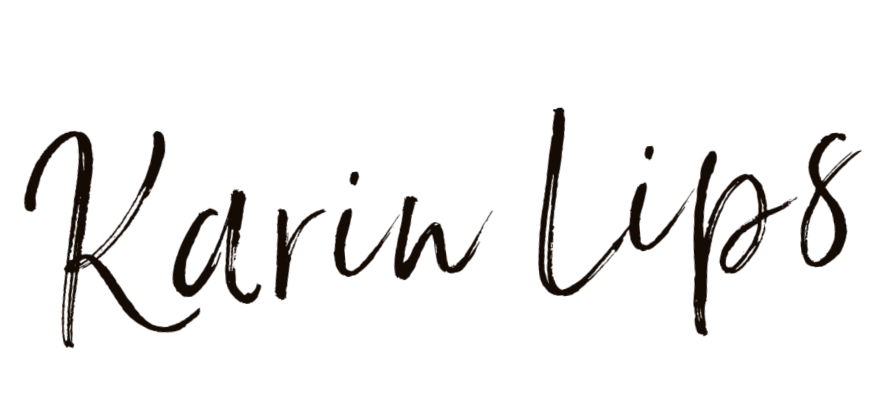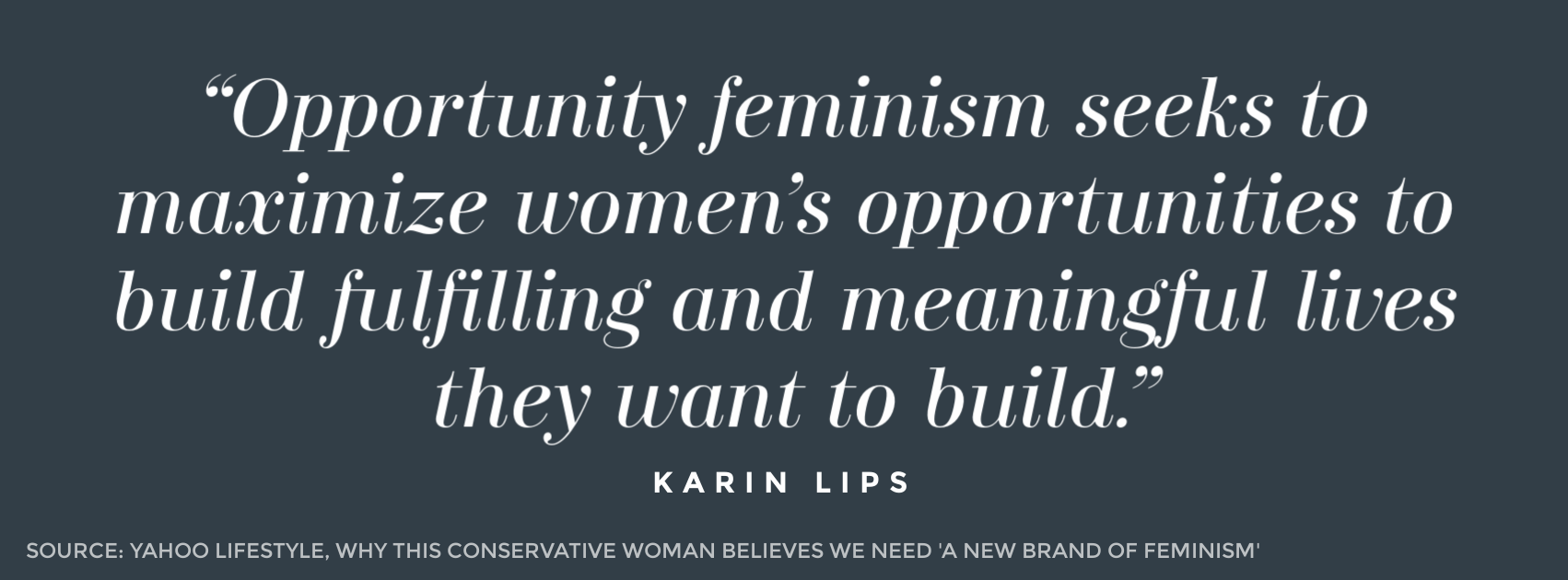Happy graduation! Sadly, the peer pressure faced by conservative women doesn’t end on campus
This article originally appeared in the Washington Examiner.
As we enter college graduation season, outspoken conservative women deserve special praise. But they should be prepared to face the same pressures after graduation.
Grace Bannister is a student at Harvard College from Logan, W.Va. She is also one of the countless co-eds who self-censored her political views when she arrived on campus, fearing discrimination.
Why? Because she is a conservative.
“During my freshman year at Harvard College, I was paired with a roommate whose worldview was drastically different than my own,” Bannister explained. “My new friend characterized herself as a ‘woke’ feminist. For the first few weeks, we got along rather well. I worried that this would change if we ever talked politics, so for a time, I avoided it.”
When Bannister finally couldn’t avoid political topics any longer, she admitted that she is a conservative. Her roommate dismissed Bannister’s views due to her “background,” citing her upbringing in West Virginia. But Bannister isn’t a stereotype. She is a thoughtful young woman who was admitted to Harvard.
Because she self-identifies as conservative, her views aren’t valid to her roommate and many others on campus.
Many conservative college women feel pressure to keep their political views private on campus. After all, they face an overwhelmingly liberal composition of administrators and faculty on campus. A survey of about 900 “student-facing” administrators found that liberal outnumber conservative staff by a ratio of 12-to-1, much larger than a previous study finding a 6-to-1 ratio of liberal to conservative professors.
Consider the many risks that conservative women face if they make their political views known.
Their grades might suffer. Some conservative students are afraid to speak up or give their true opinion in essays and midterm tests lest their grades be docked. Even more important than grades to some college women is the promise of lifelong friendships with their peers to fill their Instagram feeds now and serve as their bridesmaids later.
One of the themes that emerged from the new book I edited, She’s Conservative: Trials and Triumphs on America’s College Campuses, is that the conservative women featured in the book feared that revealing their political views would destroy their social life.
In her essay, Brianna Mirabile, a junior at The George Washington University wrote, “my biggest fear going into my freshman year of college” was “that my conservatism would create a barrier to forming true and lasting friendships.”
Taylor Roth, a junior at the University of Florida, wrote: “I convinced myself that it is better to stay tight-lipped and liked than to be vocal and ferociously judged for my traditional opinions. After all, my political beliefs are just part of who I am as a person. Why let my stances on public policy ruin my reputation in the eyes of other students and faculty members?”
These women worried they wouldn’t make friends. They were silenced, and many others remain silent today.
Eventually, these three women decided they would no longer sacrifice their true identities at the altar of popularity and political correctness. They began defending their views both in word and action, by speaking up in discussions and becoming active in campus organizations. The response was predictable. They were marginalized by some peers.
The Left touts notions of diversity, tolerance, and inclusion, but these ideals are applied selectively on campus, and in particular, not to conservative women. When feminists speak on campus offering radical views, they are celebrated, championed, and supported by students, professors, and administrators alike. When conservative students try to gain the same support, they are often mocked, condemned, or assumed to be in need of further education.
What’s worse, the treatment conservative women face doesn’t end after graduation.
The political Left promotes the idea that women who vote conservative are uneducated and vote that way because the men in their lives told them to. Presidential candidate Hillary Clinton attributed her election loss in part because she said white women face an “ongoing pressure to vote the way that your husband, your boss, your son, whoever, believes you should.” Michelle Obama said, “Any woman who voted against Hillary Clinton voted against their own voice.” And Barbra Streisand said, “a lot of women vote the way their husbands vote.”
The pressure conservative women face is real. But Clinton, Obama, and Streisand identified the wrong bully.
This graduation season, I want to say a special thank you to the conservative women who have the courage to stand up to the liberal feminist narrative and speak their views proudly on campus. I wish I could tell you it gets better after graduation.


